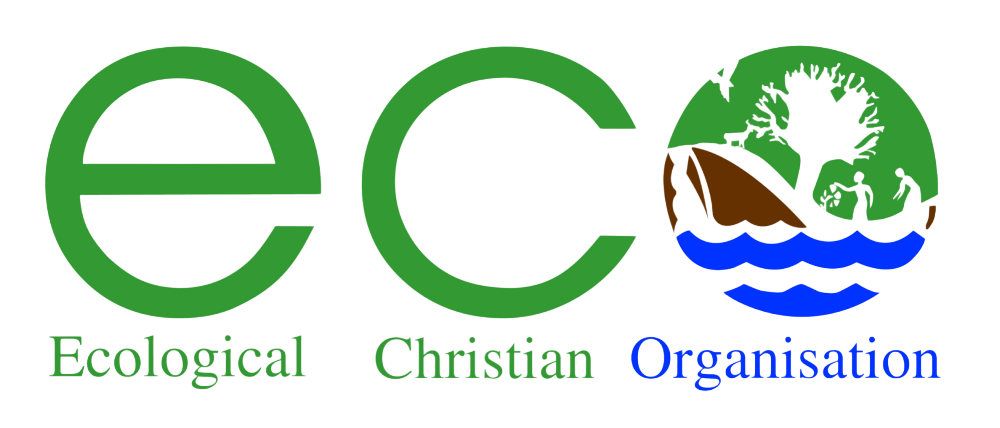Home1
Ecological Christian Organisation (ECO) is an indigenous, Non-Governmental Organization registered in Uganda as S.5914/5509 and working towards realization of sustained livelihoods for marginalized, under-served and vulnerable groups in Uganda. Since its inception in 2005, ECO has implemented a varied portfolio of projects in the greater Karamoja region, the Abertine rift and the L. Victoria basin. The current initiatives are focusing on natural resource governance, climate change resilience and adaptation, and ecosystems management and restoration.[bg_collapse view=”button-orange” color=”#64bd06″ icon=”arrow” expand_text=”Show More” collapse_text=”Show Less” ]
ECO’s mandate spans the entire country which, despite its abundant and quality natural resources, has a high proportion of food-insecure people living below the poverty line and contributing significantly to environmental degradation. There are, however, considerable opportunities and possibilities for economic growth and attainment of national development goals and global sustainable development goals, particularly those relating to poverty, hunger and environmental sustainability.
Thus ECO envisions an improved quality of life and sustainable livelihoods for the undeserved and vulnerable groups in Uganda, through improved and sustainability-managed natural resources.
ECO’s mission is to engage and empower under-served communities and vulnerable groups to realize and protect their rights and dignity in a context of sustained ecosystems and inclusive governance.
ECO currently chairs Climate Action Network – Uganda (CAN-U) with over 200 national Civil Society Organisations (CSOs), and a country node of Climate Action Network International (CAN-I). ECO also hosts Population & Climate Change Africa Forum for the Horn of Africa with over 150 members from the Horn of Africa, a forum of organizations and individuals advocating for appropriate population and Climate change interventions in Africa. The long term aim of PACCAF is to secure global acknowledgment that stable and sustainable populations in all countries are essential to the achievement of a stable and sustainable climate and wider environment; and that programs to achieve population stability by non-coercive means should therefore receive high priority and funding from all relevant Ministries and Agencies. ECO is a member of Environment and Natural Resources Civil Society Organizations Network (ENRCSO Network)- providing credible support and advice to ENR sector in Uganda. ECO is a member of PELUM Association – a regional network of over 220 civil society organizations in 10 countries in East, Central and Southern Africa working in the area of participatory ecological land use management, Uganda Coalition for Sustainable Development (UCSD), Uganda Water and Sanitation NGO’s Network (UWASNET), and National Association of Professional Environmentalists (NAPE), and IUCN where it links up with conservation minded organisations, partners and networks among others.
ECO has implemented projects aimed at promoting resilience of communities to the impacts of climate change, national and regional climate change advocacy activities, strengthening disaster risk reduction, population and climate change interventions, enhancing good governance and management of natural resources especially in the extractives and promoted ecosystems management and restoration. ECO has also been at the Centre of piloting and promoting integrated approaches to national resources management like Population Health and Environment (PHE) interventions, Integrated Water Resources Management among others. ECO ensures collective local action for sustainable natural resources management in order to improve livelihoods of underserved and marginalized communities.
ECO’s major donors include, among others, the Democratic Governance Facility, Bread for the World, CORDAID, Nola Stewart,Terre des Hommes, Irish Aid Uganda, Open Society Institute for East Africa, Pathfinder International, MacArthur Foundation, The David Lucile and Packard Foundation, OXFAM GBU, USAID-Global, SolarWorld Germany, Sustainable Population Australia and Global Green grants Fund.
[/bg_collapse]
OUR PROGRAMS
ECOSYSTEMS MANAGEMENT & RESTORATION
Ecosystems in Uganda are increasingly being threatened by various human activities, even those that are protected by government acts. Wetland and forest losses are higher in the lake basin area than national averages that are high in any case – 75% of wetlands are considered significantly damaged already, while loss of forest cover is running at 1.7% annually. 200 species of fish are already extinct and others, critically endangered, survive only along lake margins and in peripheral lakes. The progressive, systematic and induced unsustainable management of fragile ecosystems has caused declining resource productivity and resilience, resource scarcities, inequitable access that breeds conflicts, population displacements and worsen human vulnerability. As such, ecosystem management and restoration is key for enhancing land productivity, reducing poverty and enhancing the quality of life or resource-dependent farmers, pastoralists, agro-pastoralists and fisher-folk.
RESILIENCE & CLIMATE CHANGE ADAPTATION
Significant changes in weather patterns have increased variability and unpredictability of rainfall presenting a major threat to resource-dependent livelihoods in Uganda – farmers, pastoralists, agro-pastoralists and fisher folks. Frequent prolonged droughts and rainfall which is less regular has turned perennial rivers into seasonal rivers, and some water sources dry out during dry seasons, which was not the case more than 15 years ago. Ecosystems that are at most risk are Arid and Semi-Arid Lands (ASALs), wetlands and forest resources, and water resources. The progressive, systematic and induced unsustainable management of these ecosystems has caused declining resource productivity and resilience, resource scarcities, inequitable access that breeds conflicts, population displacements and worsen human vulnerability. As such, ecosystem management and restoration is key for enhancing land productivity, reducing poverty and enhancing resilience of resource-dependent populations
NATURAL RESOURCES GOVERNANCE
Threats to natural resources sector continue to exist affecting their productivity and sustainability. Many areas that have been gazetted as protected areas continue to be encroached for human activity, either due to poor enforcement of bye laws, or due to poor community attitude towards conservation. Whereas the various acts and national policies spell out the need for community involvement in management of Uganda’s natural resources, i.e. wetlands, wildlife, forestry and others, there is limited progress in practice. The practice is constrained by lack of capacity by the lead agencies (NFA, UWA and WMD) to implement collaborative management initiatives and in wetlands, the challenge is further compounded by understaffing in the local governments with recruitment priorities put on other sectors rather than the ENR.
